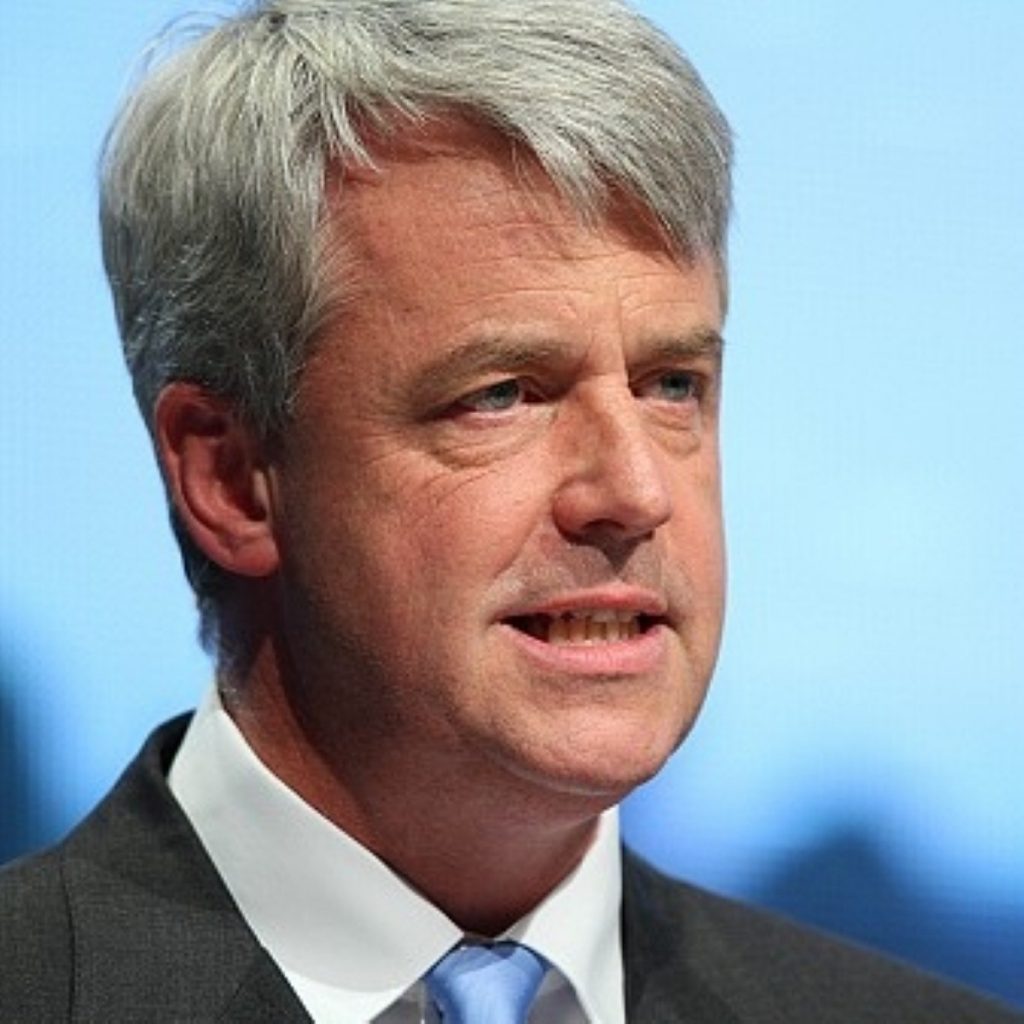Lansley says ‘I’m sorry’ after humiliating no-confidence vote
By Ian Dunt
Andrew Lansley has said he is “sorry” for failing to communicate his plans to reform the NHS after a humiliating vote of no-confidence from nurses.
The first no-confidence vote in a health secretary for 30 years saw the Royal College of Nursing (RCN) vote almost unanimously to reject NHS reforms.
It passed with 98.76% support. Just one nurse called on delegates to reject the motion, arguing that it would deny the RCN a place at the top table. She was heckled by delegates.


In the end, just six members voted against the motion. Seventy-eight backed it and 13 abstained.
“So actually I want to say, because I did read the result of the vote this morning, so I’m sorry,” Mr Lansley said before meeting with around 60 nurses in a side meeting.
“I’m sorry if what I want to do hasn’t communicated itself.
“I want the NHS to be stronger.”
“I am not the person who knows best, which is why we need to get the decision-making into the hands of patients.”
The beleaguered secretary of state, who is front runner to be demoted in a future Cabinet reshuffle, was the first health secretary in eight years not to address the conference.
Instead he spent 45 minutes talking to the small groups of nurses, a move promoted as part of the government’s ‘listening’ drive over its health and social care bill.
Health and social care bill in full
His decision to avoid a speech to the conference hall prompted accusations of cowardice from delegates.
“I think it’s a shame Andrew Lansley does not have the guts to come up and face congress as a whole tomorrow,” A&E nurse Julian Newell told the conference yesterday, to loud applause.
The reforms would replace primary care trusts (PCTs) with GPs’ consortia and make it easier for private forms to compete in the NHS.
David Cameron and Ed Miliband went head-to-head over the plans to reform the NHS today.
Mr Miliband held a press conference to highlight Labour’s opposition to the plans, as he tried to secure as much political capital as possible in the run-up to the local elections.
“People are right to be concerned,” Ed Miliband told journalists.
“[The bill] undermines some fundamental principles of the NHS.”
Analysis: Labour’s awkward opposition to the NHS reforms
The Labour leader said that the plans would prevent hospitals from working together for fear of contravening competition laws.
He also argued that lifting the cap on private care might lead to hospitals dedicating entire wings to private patients.
In the most politically explosive of his accusations, Mr Miliband said the bill would give GPs the right to charge for services.
Analsysis: Will GPs really be able to charge under the government’s NHS reforms?
Conservative sources insisted primary legislation would be required for any move towards charging.
“The bill is a Pandora’s box,” Mr Miliband said.
“The more people look at the detail the more profound and worrying the implications seem to be for the NHS.”
At the exact same time Mr Cameron and Nick Clegg were desperately trying to bring volunteer groups onside with a meeting in Downing Street in which they asked for charities to help convince the public of the need for reform.
“There is a fear out there that any reform or change amounts to privatisation,” the prime minister admitted.
“It isn’t. That’s not what we’re talking about.”

